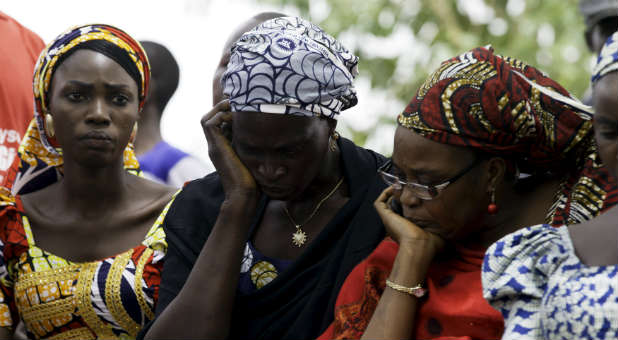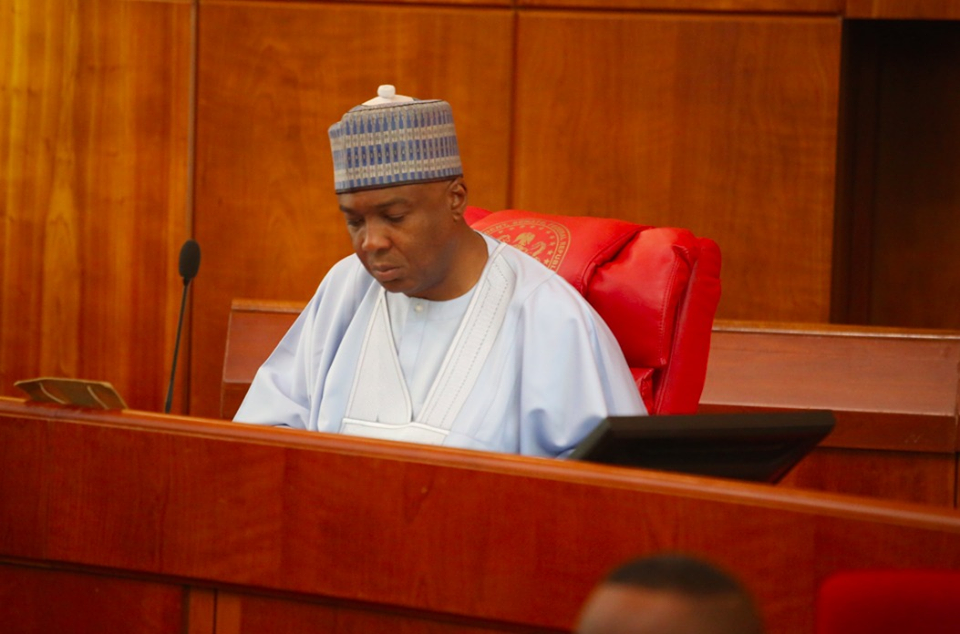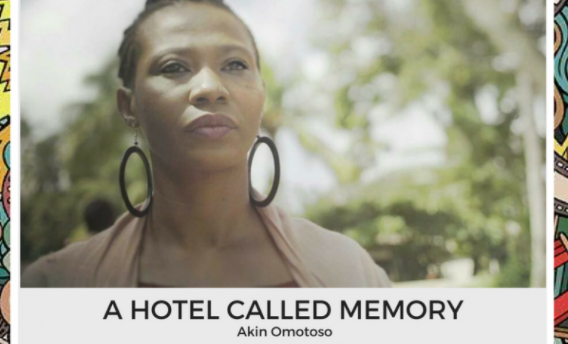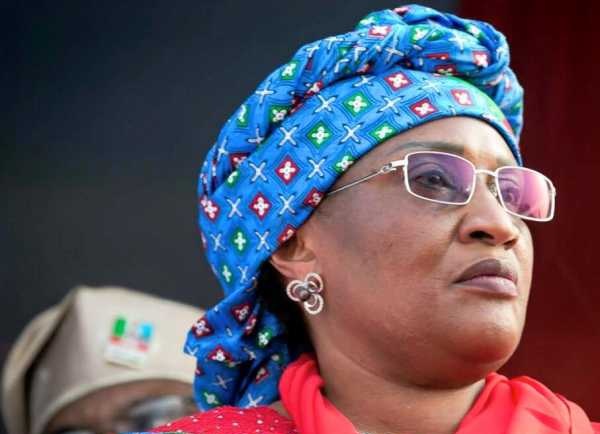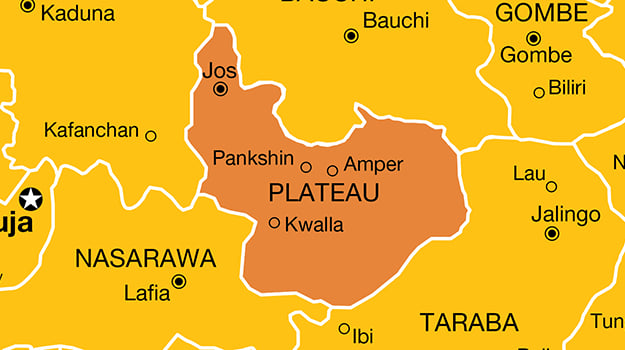The recent bill by Nigeria’s upper legislative body injury has sparked off conversations on the country’s labour laws. The Occupational Safety Bill, which has undergone the second reading and is currently making its way through the committee on employment, labour and productivity, will help to ensure that millions of Nigerian workers are protected in the event of injury.
This is also coming at a time when the country’s economy is emerging from the rudders and the clamor for salary increment is also on the burner. While the recent move has been greeted with curiosity by some; who see this as signaling a drive in a global direction to draw attention to what really matters in life and to consider what it might mean for people to live really well, others remain unperturbed by an otherwise mostly indifferent nation which hasn’t always shown sensitivity as per labor issues, apart from using the wellness issue as vote bait, dangled by politicians at the approach of each election; apparently, making widely insincere promises has become essential to getting into power.
One thing that cannot be denied however is that the concept of wellness remains a puzzle as definitions vary; perhaps the quest for definition is about simplifying these issues so that we can measure them, and maybe what really matters is that we appreciate the value of talking and thinking about wellbeing itself regardless of its complexities on personal, communal, and global basis.
Africa and Wellness:
Advertisement
The 2017 global happiness report points at the top ten nations being Norway, Denmark, Iceland, Switzerland, Finland, Netherlands, Canada, New Zealand, Australia, and Sweden. The first African Nation on the list happens to be Algeria at No 53, with the next nation; Mauritius coming at No 64. The World Happiness Report (WHR), published since 2012, has found that happiness is less evident in Africa than in other regions of the world. On the map of the Geography of Happiness, published in an earlier World Happiness Report Update 2015, the happiest countries in the world are shaded green, the unhappiest red.
Africa stands out as the unhappiest continent, being colored almost entirely in shades of glaring red. There are also considerable inequalities in life evaluations in African countries, and this inequality in happiness has increased over the past years. Zeroing down to the African rankings, Africa’s most populous nation, Nigeria, ranks at number six. Predicators used included GDP per capita, social support, life expectancy at birth, freedom to make life choices, generosity, perceptions of corruption etc.
When it comes to the issue of wellness, there hasn’t been a shift from fulfilling basic needs to enhanced wellbeing in most African societies. The focus remains rooted in survival. Putting this in perspective, a proper shift may be exemplified in what obtains in developed nations, where focus is moved from survival/ poverty line and beyond the okay line, to that of wellbeing, for example, in the field of health, the shift of perception in mental health; where mental health is not anymore the absence of mental illness, but moving the conversation to an excellent frame of mind. It is important to note here that the idea of “wellbeing” changes according to needs.
Advertisement
For some it could be as simple as a roof over their heads and regular meals, while for those who have this security it can take on potentially more indulgent requirements. The important thing to note here is that What we have in common is the need for something that is making life hard for us to be mitigated in a way that both suits us and we appreciate. While Maslow’s hierarchy of needs on Lower order needs being met before the higher order can even be contemplated, still rings true in most African nations, it must also be noted that another person’s cup of suffering is no less full because their cup is smaller”. All needs are vital and can be met simultaneously if the right policies are put in place.
The role of government in wellness:
It’s been said time and time again that good governance meets the needs of the minority, and not just the privileged majority. Contextualizing this In the African discourse, we refer to the voiceless who ought to be managed by various institutions; the handicapped etc. Evidences suggest that there is a strong link between good governance and wellbeing.
Most African governments tend to take the reactive approach, as against the proactive one, weather, it’s on matters of counter-insurgency approaches or infrastructural planning; government planning is often about avoiding or mitigating troubles, or about basic resources and conditions, rather than about promoting and fulfilling people’s aspirations for living excellent lives.
Advertisement
Africa as a whole suffers huge and unacceptable levels of avoidable mortality at all ages. Proves abound as to how issues such as social violence, infrastructural decay, bad health systems have contributed immensely to the low standard of living to Africa’s surging population, with no respite in view; due to the bad policy cycles, hence wellness must become a top priority for African governments. Also the trend of Privatizations must never be an excuse for government to abdicate its roles and responsibilities towards playing a huge role in public welfare.
Africa also has to adopt a bottom-top approach in its policies, by always ensuring that due consultations are always had, on projects that affect the people through the empathetic approach. This will ensure that projects serve the people who need to use them as against just the ones who design them.
Overall the conversation on Africa’s development has to move beyond kicking out harmful traditions and leveling playing fields; all crucial aspects, to real development, which puts people at the center of it all and must include conversations about wellness in the African context focusing on psychological happiness, which enriches our critical and emphatic appreciation of how people’s minds interact with their external circumstances.
Femi Tunde Okunlola is a development broadcast journalist and Writer from Nigeria, covering Africa, with a focus on governance, security and environment. He tweets @iam_fto
Advertisement
Add a comment
